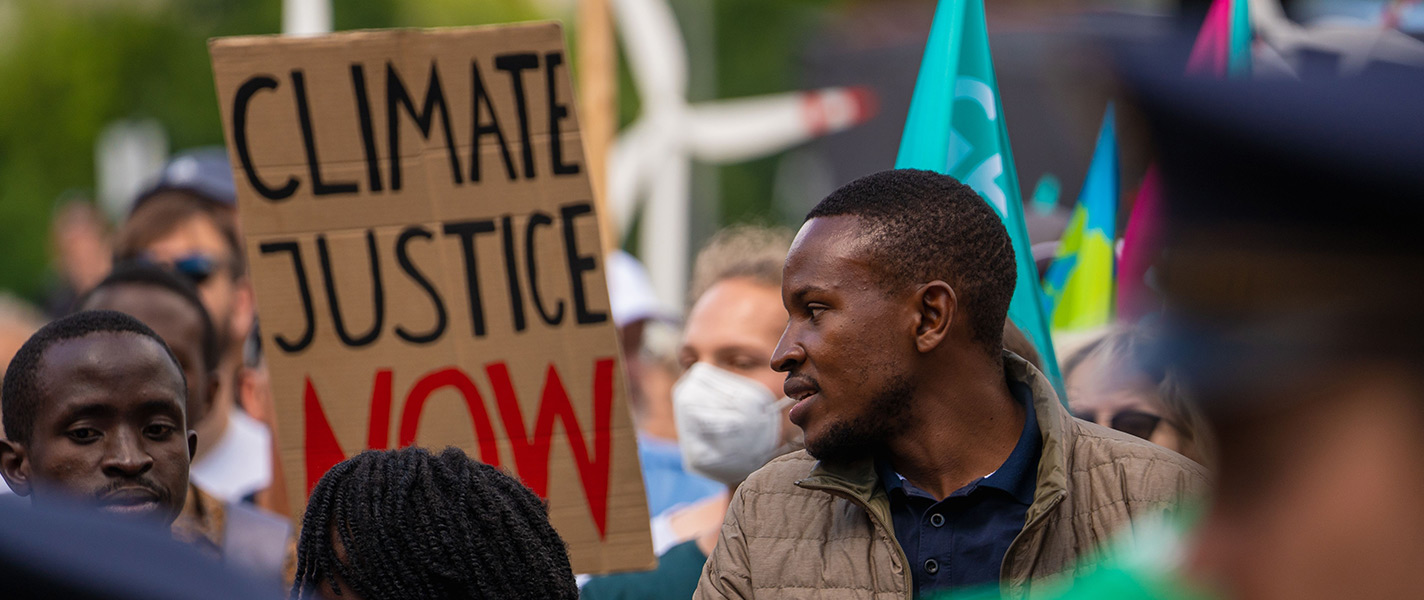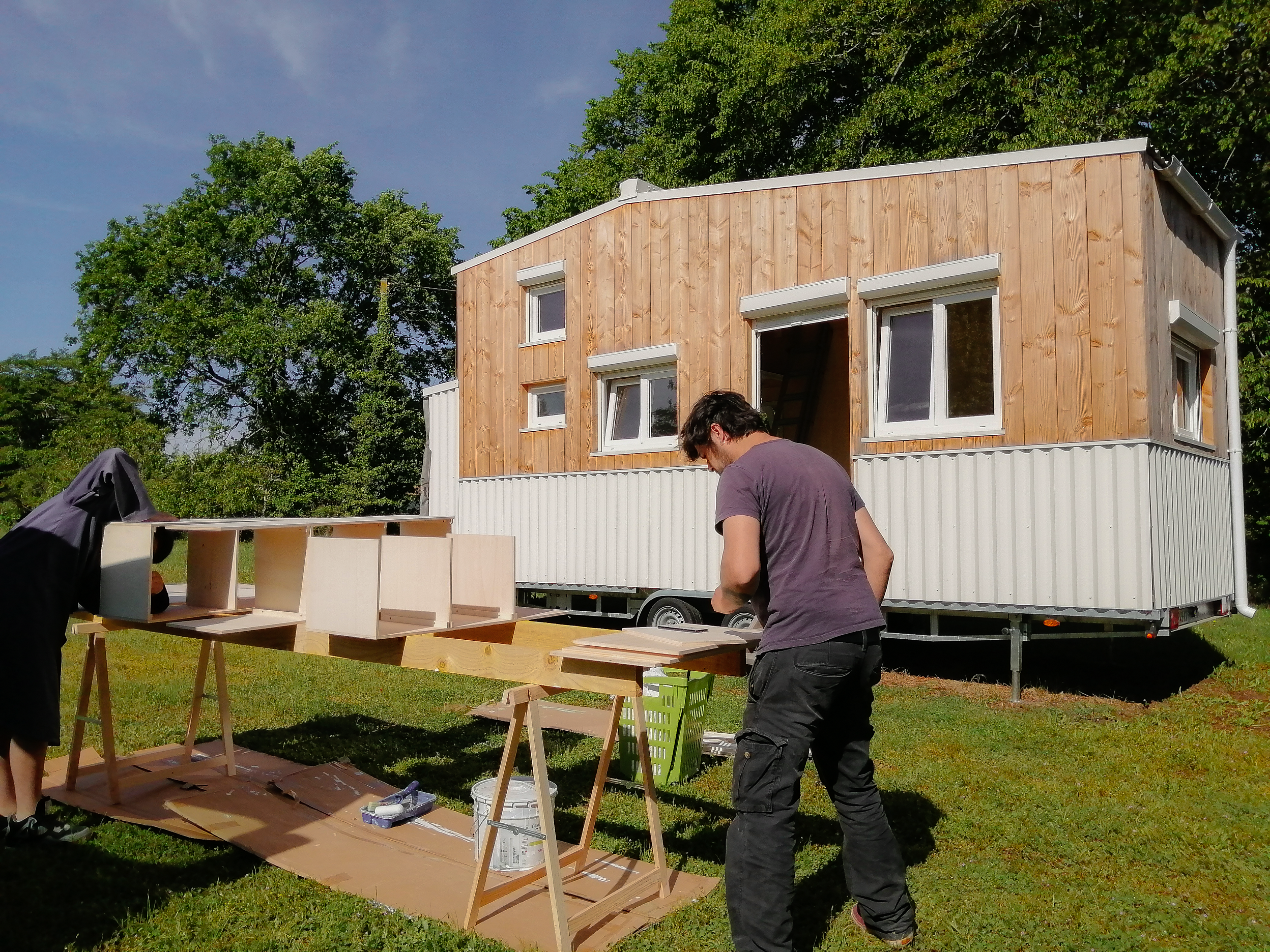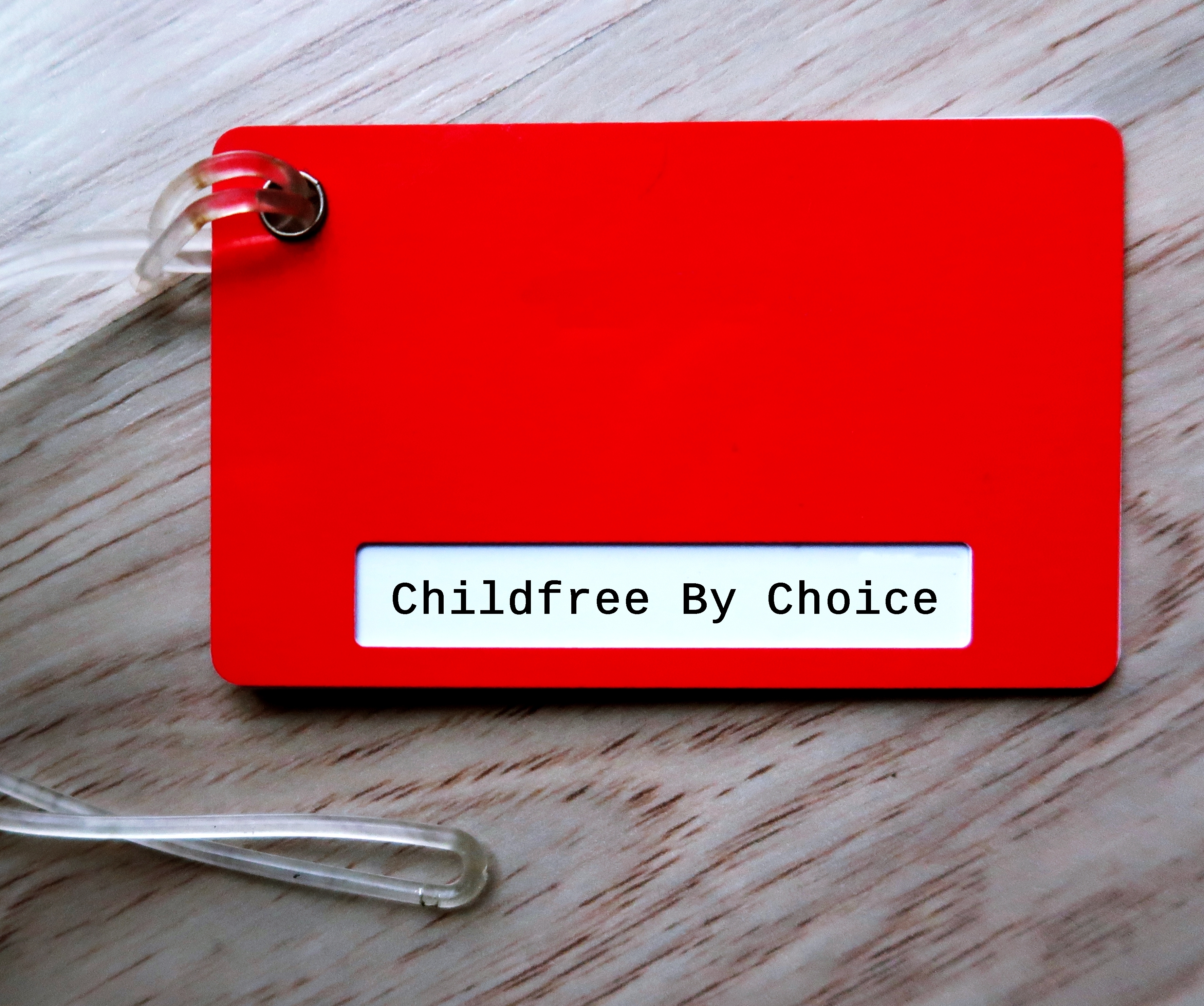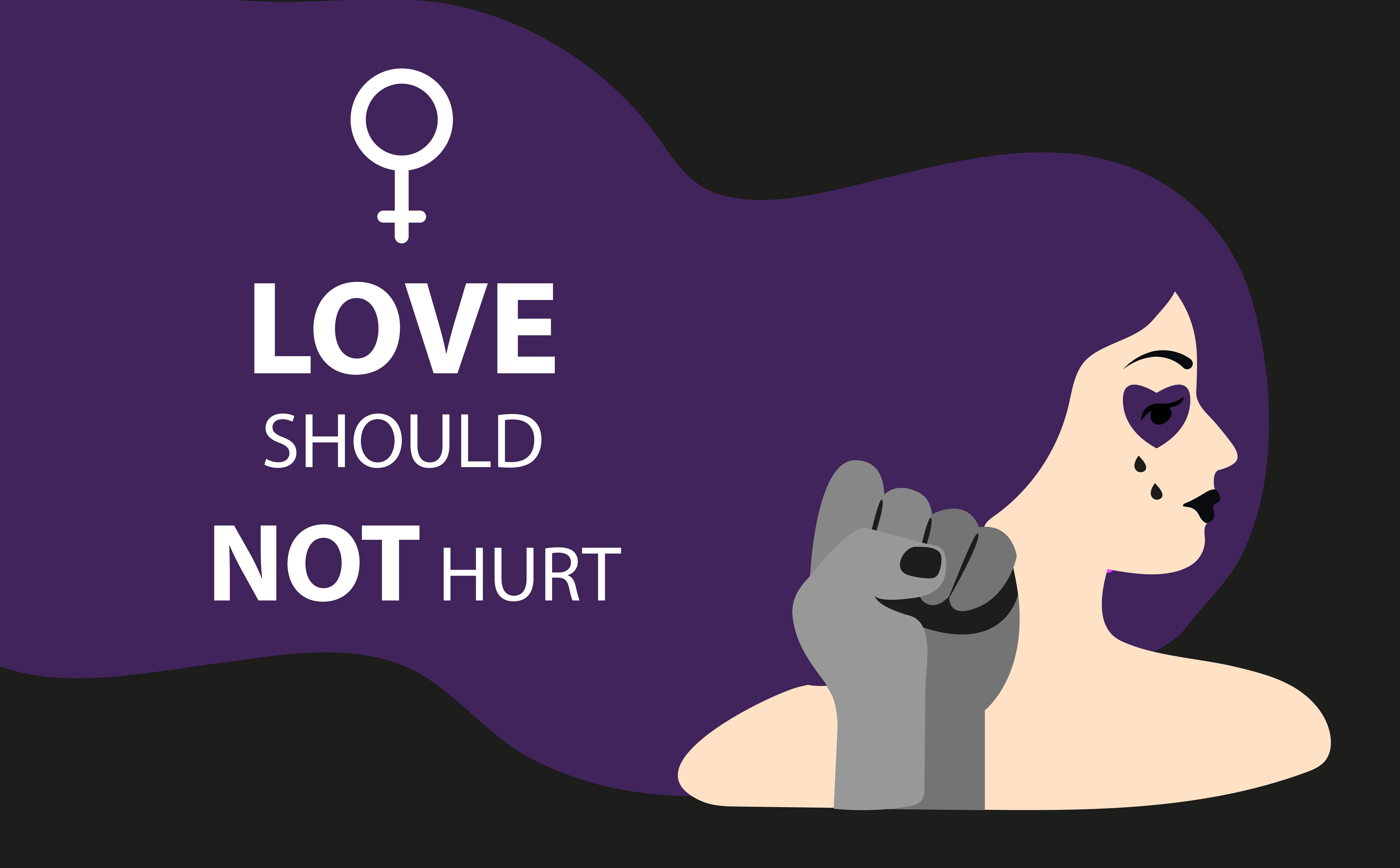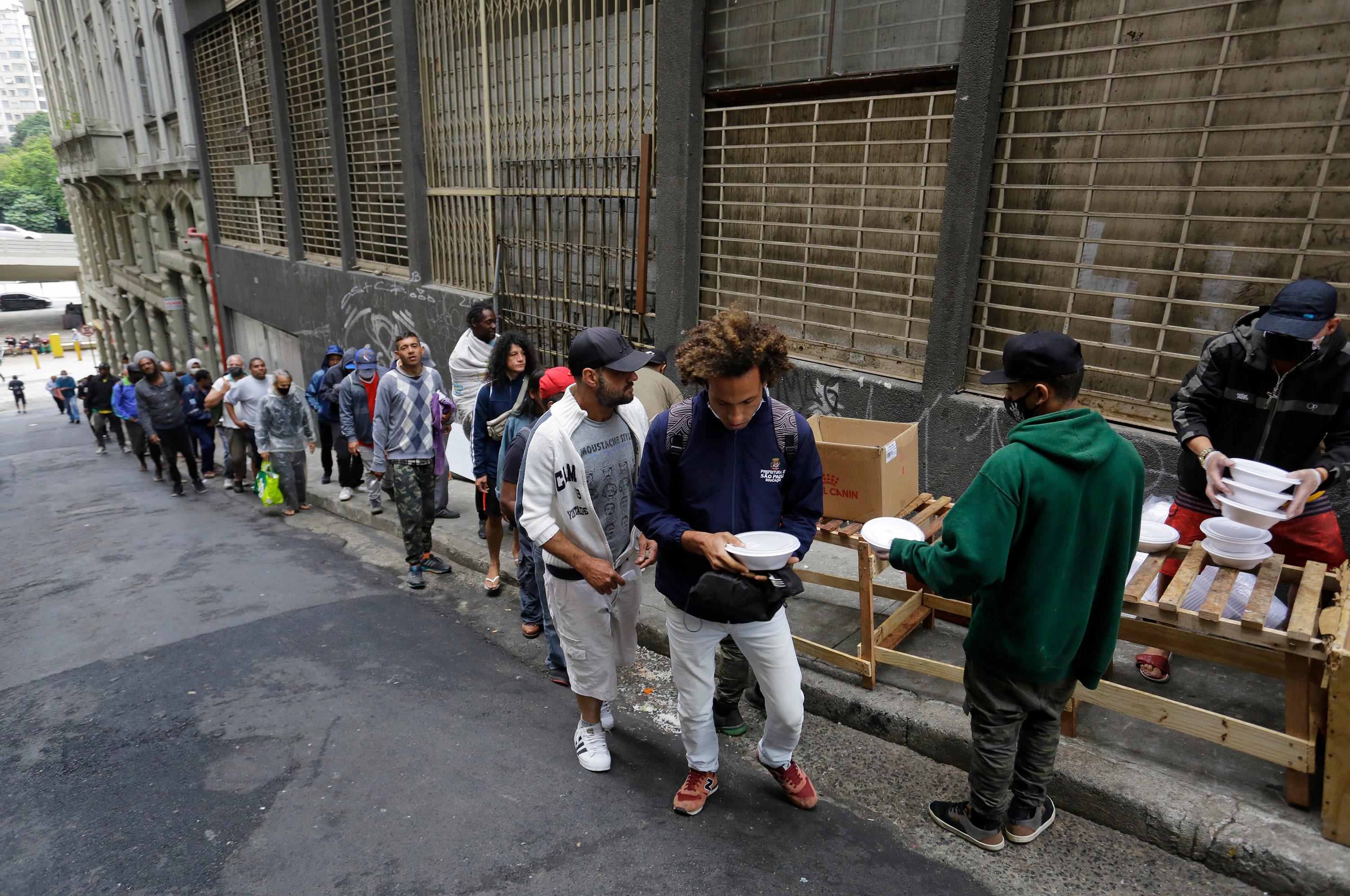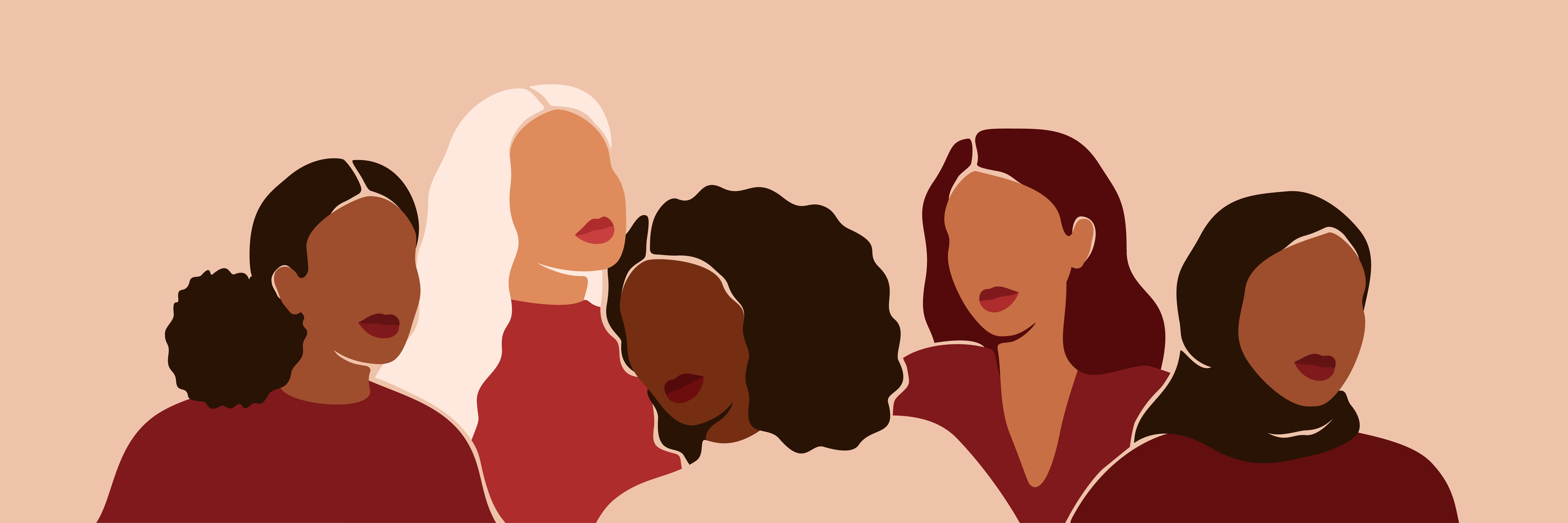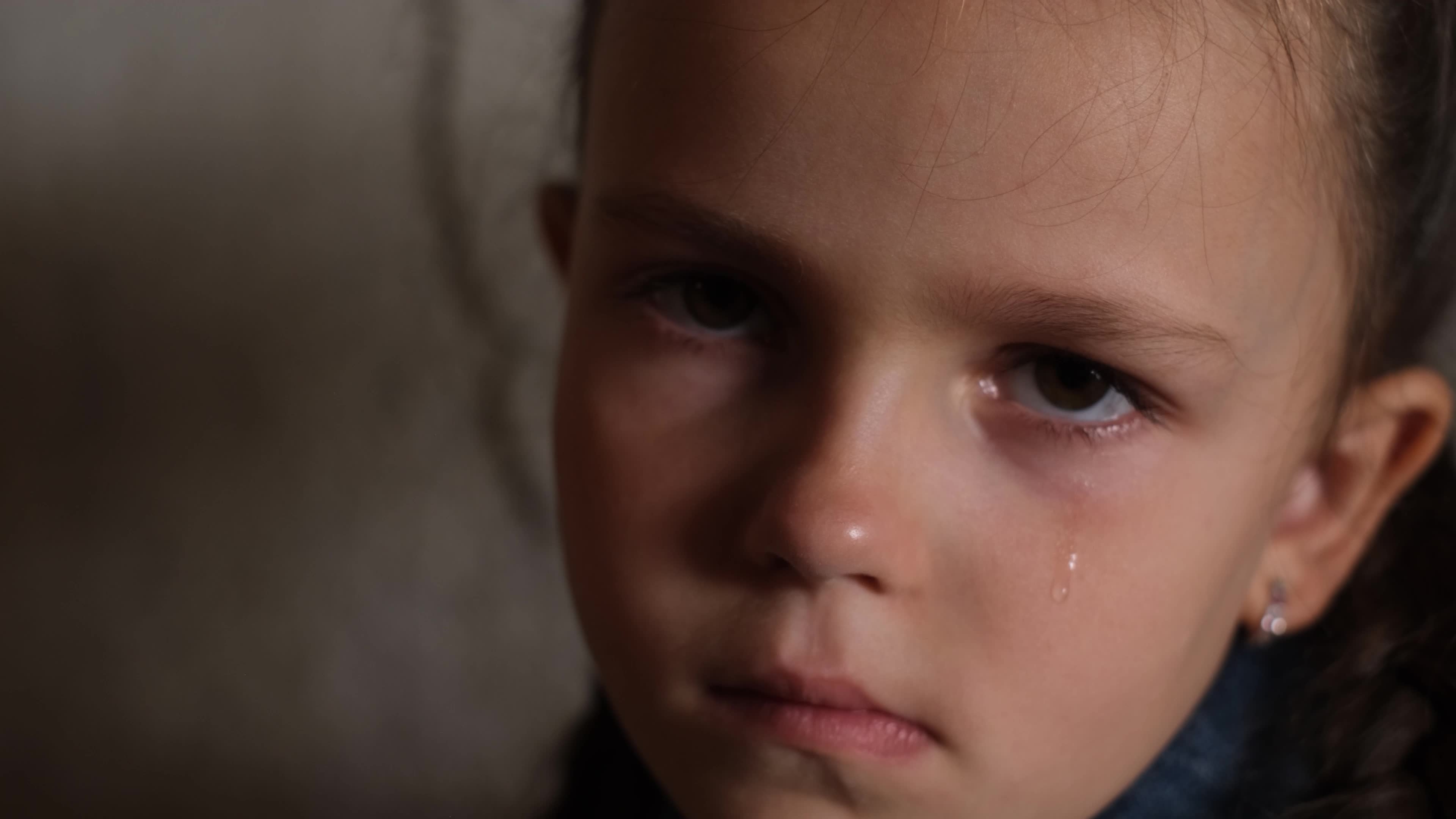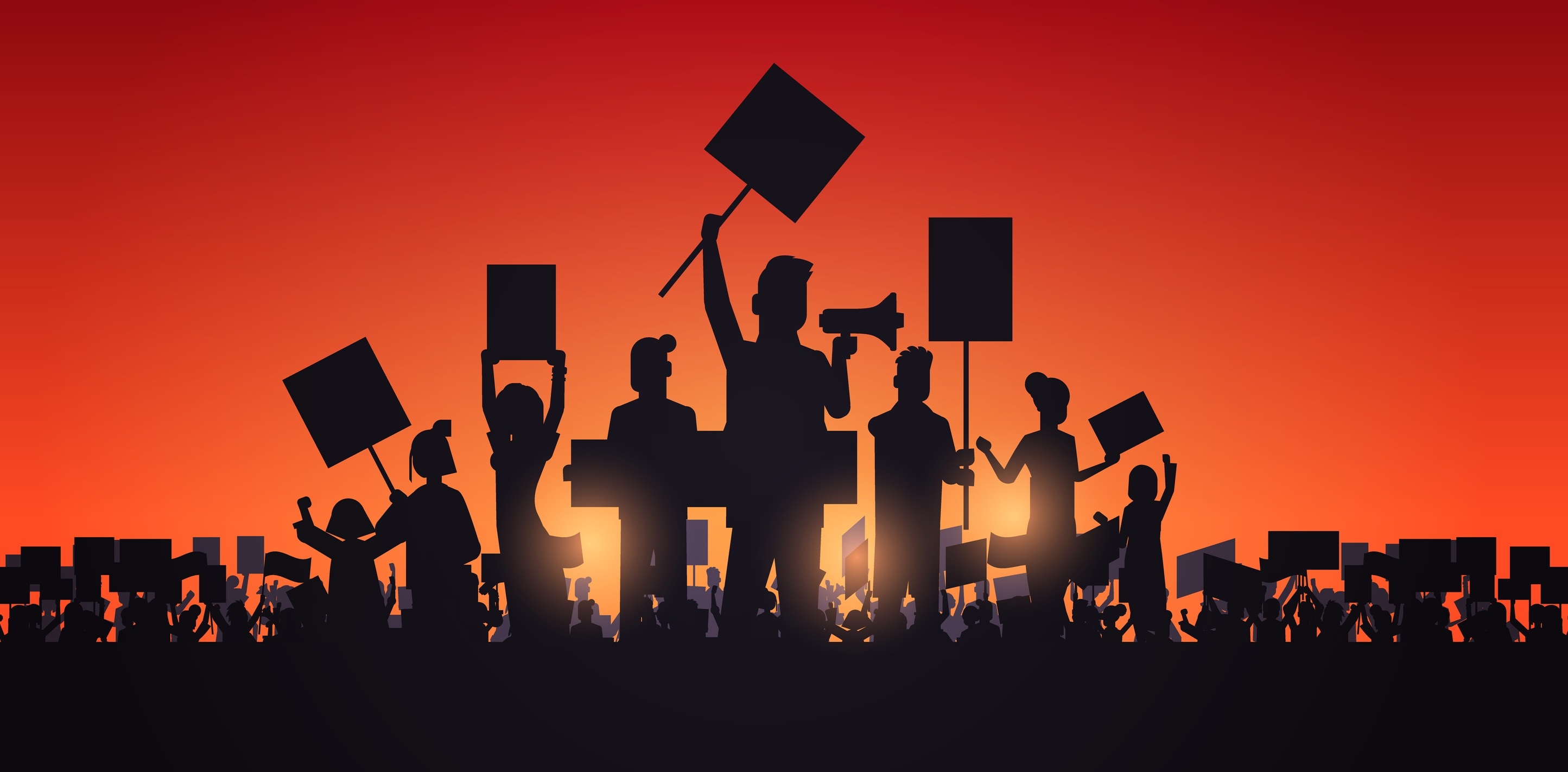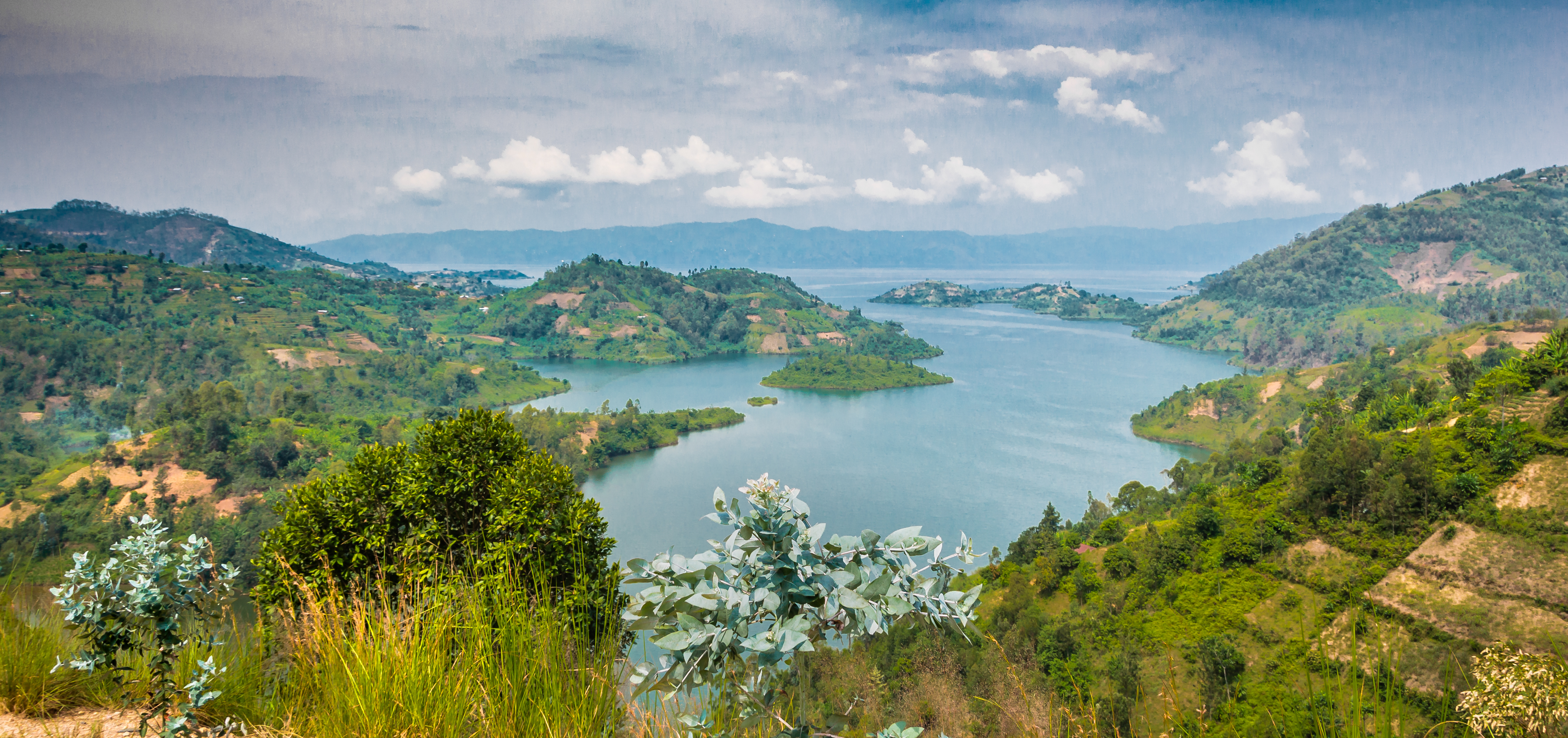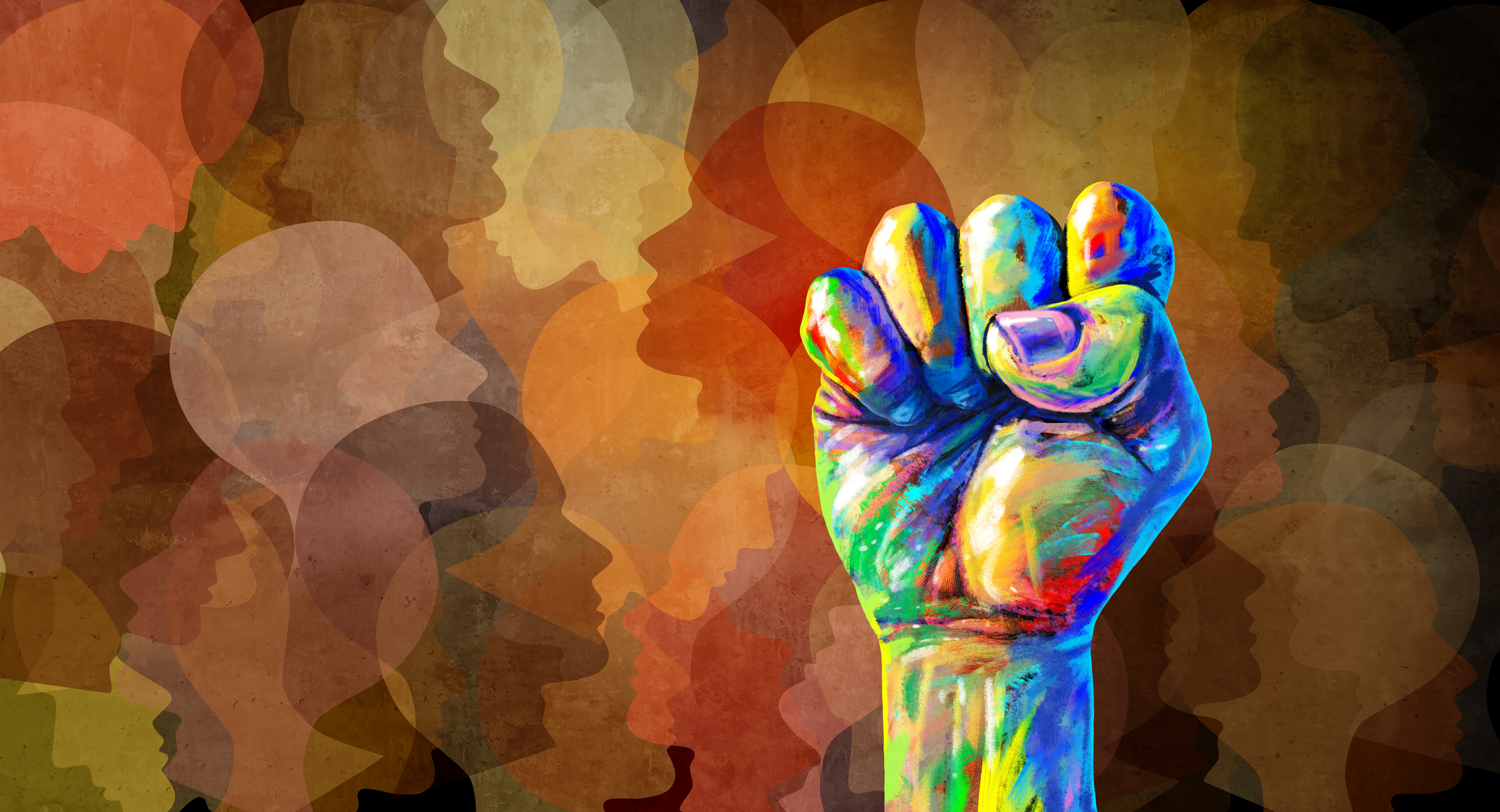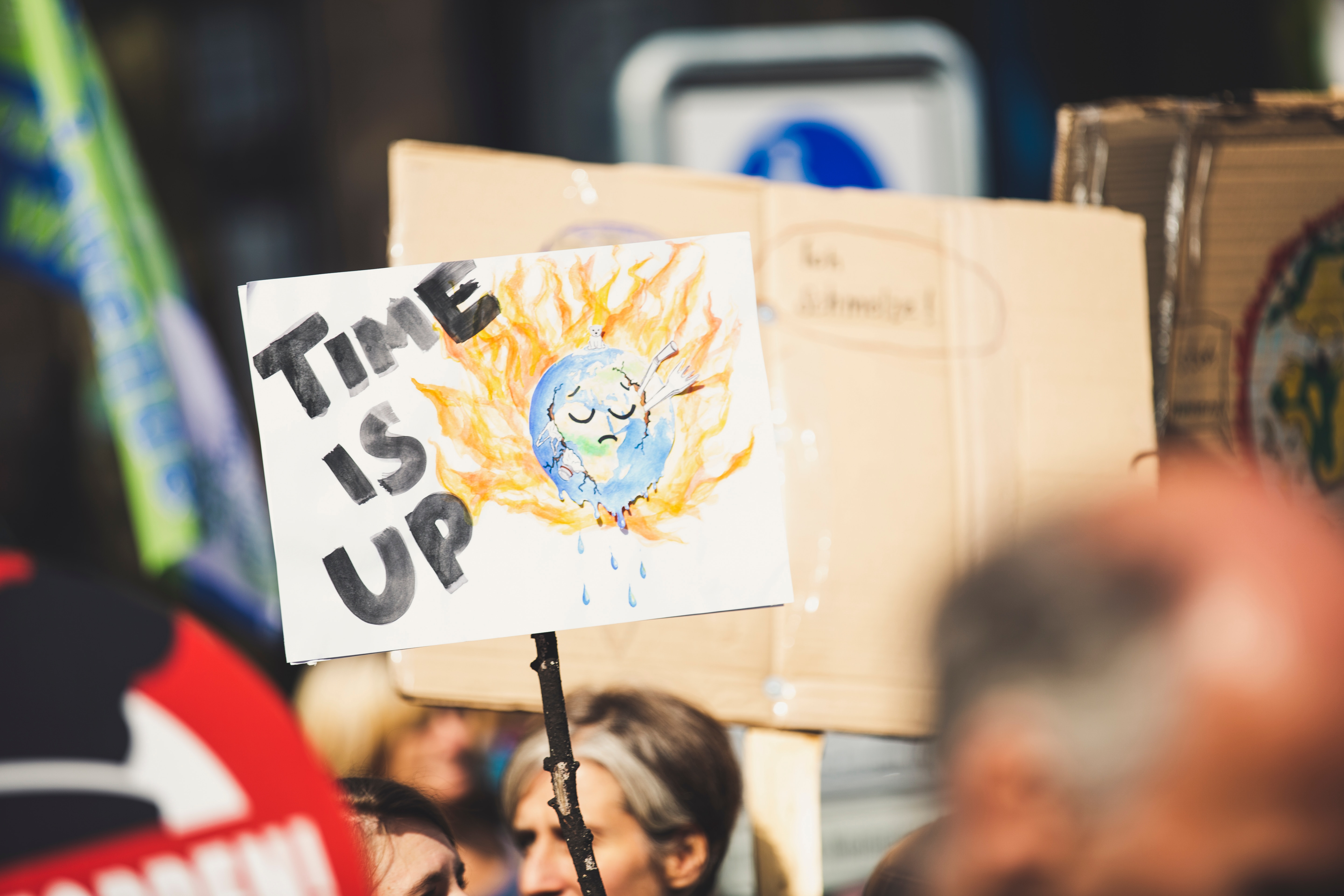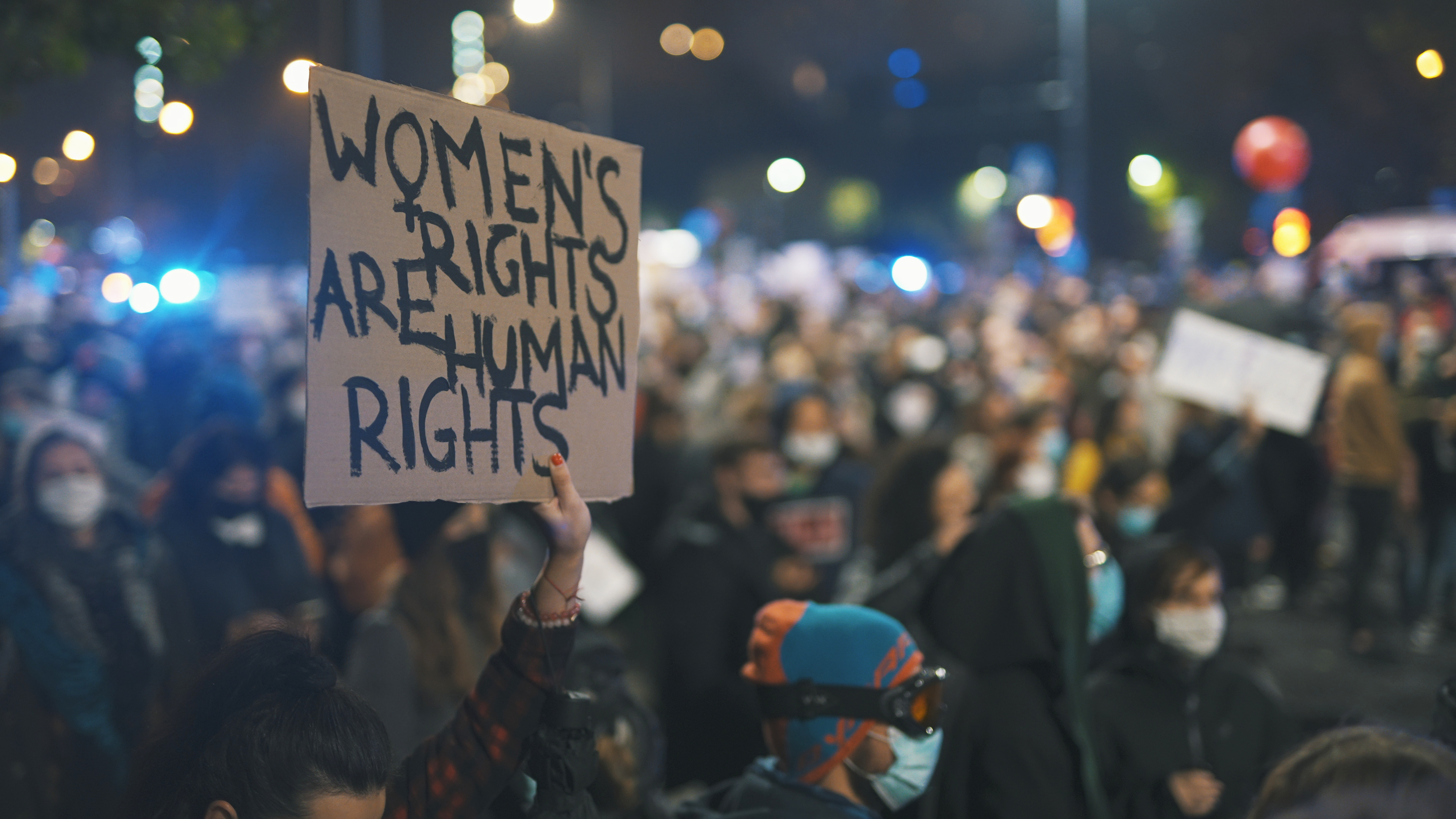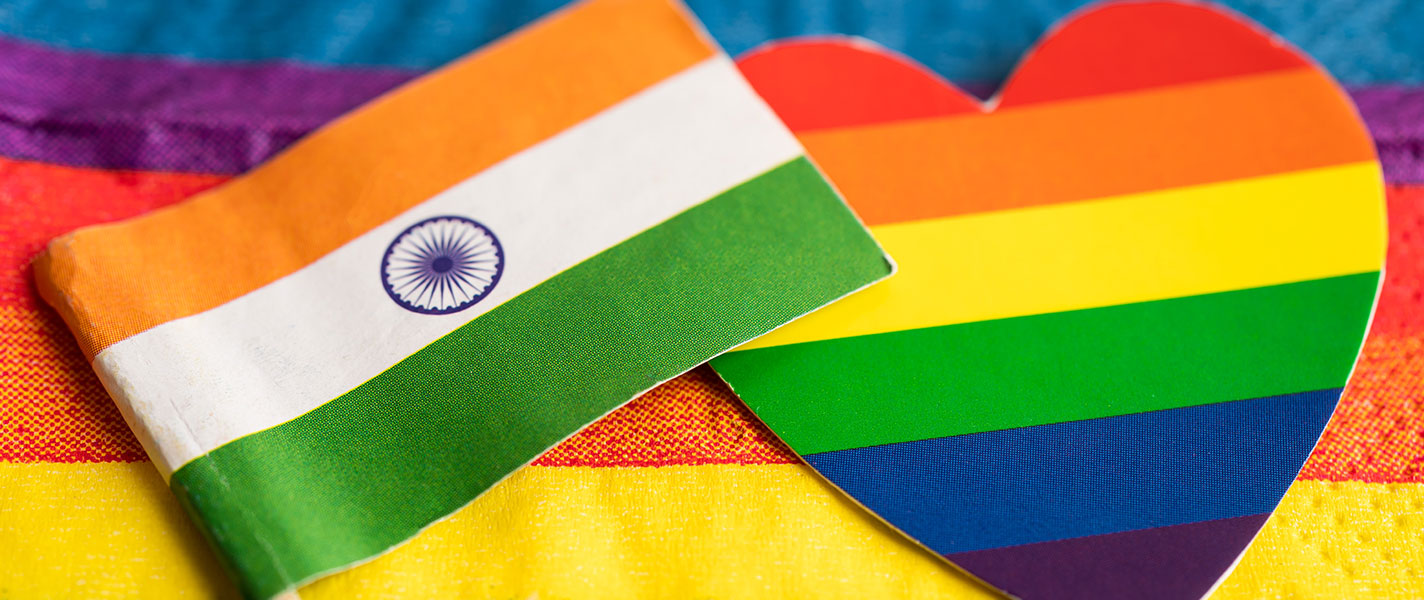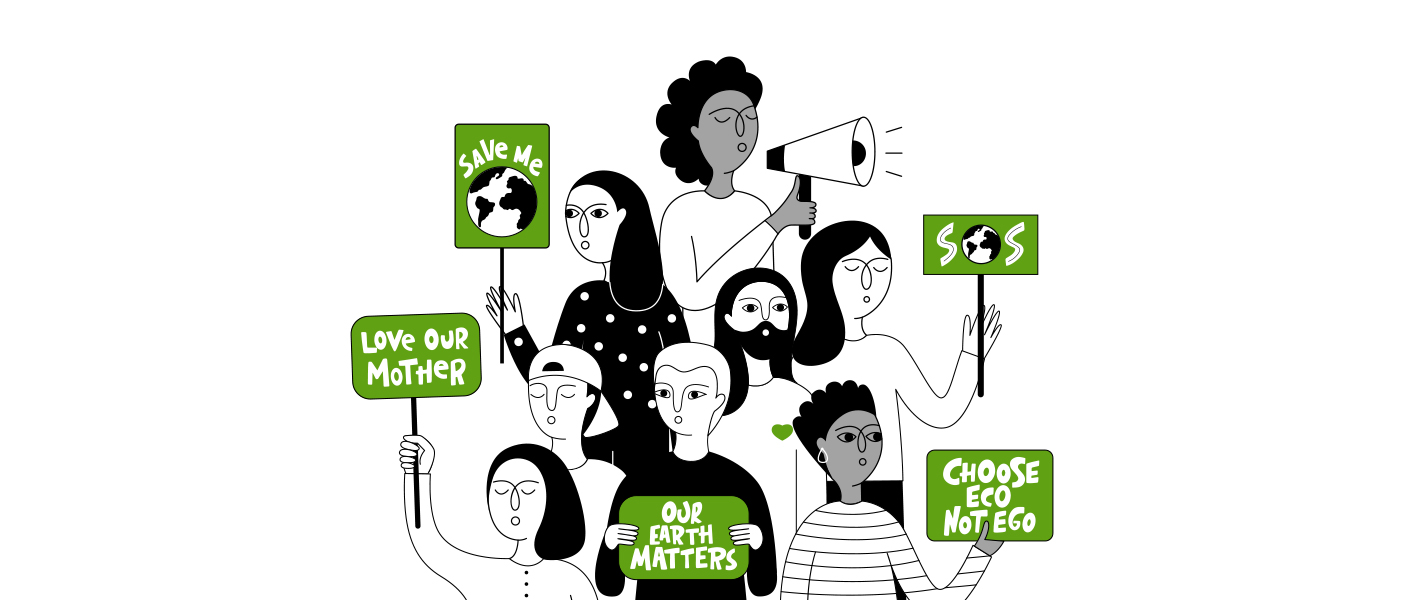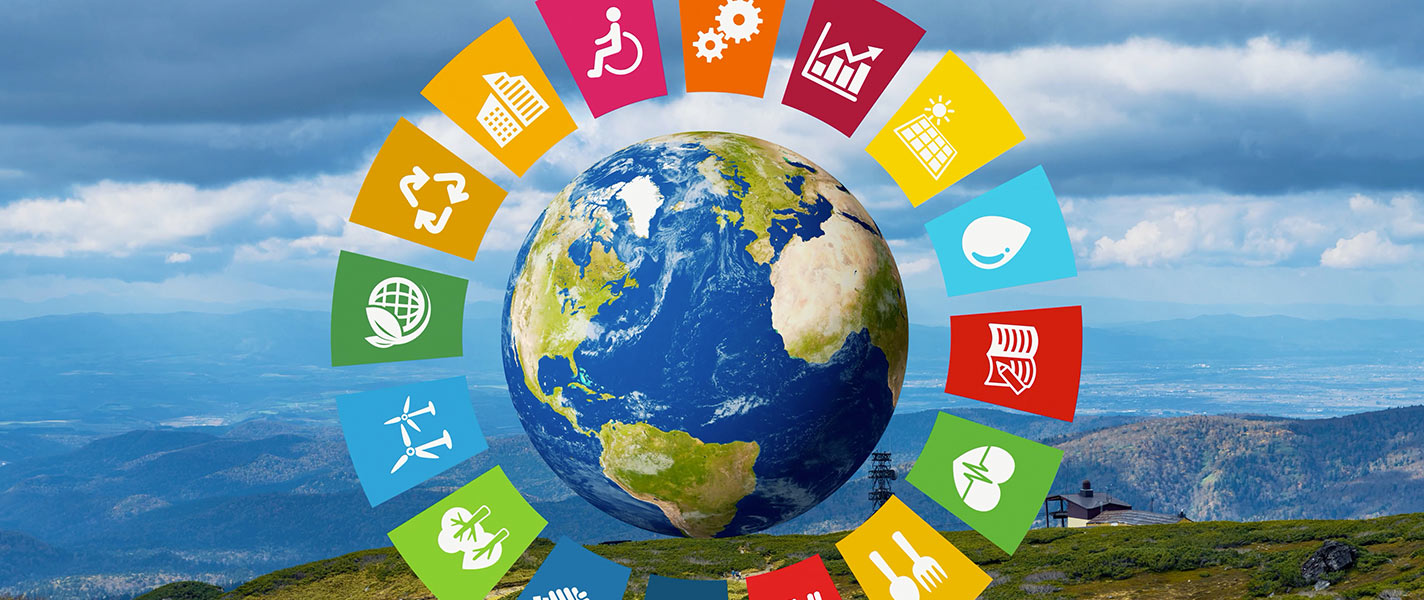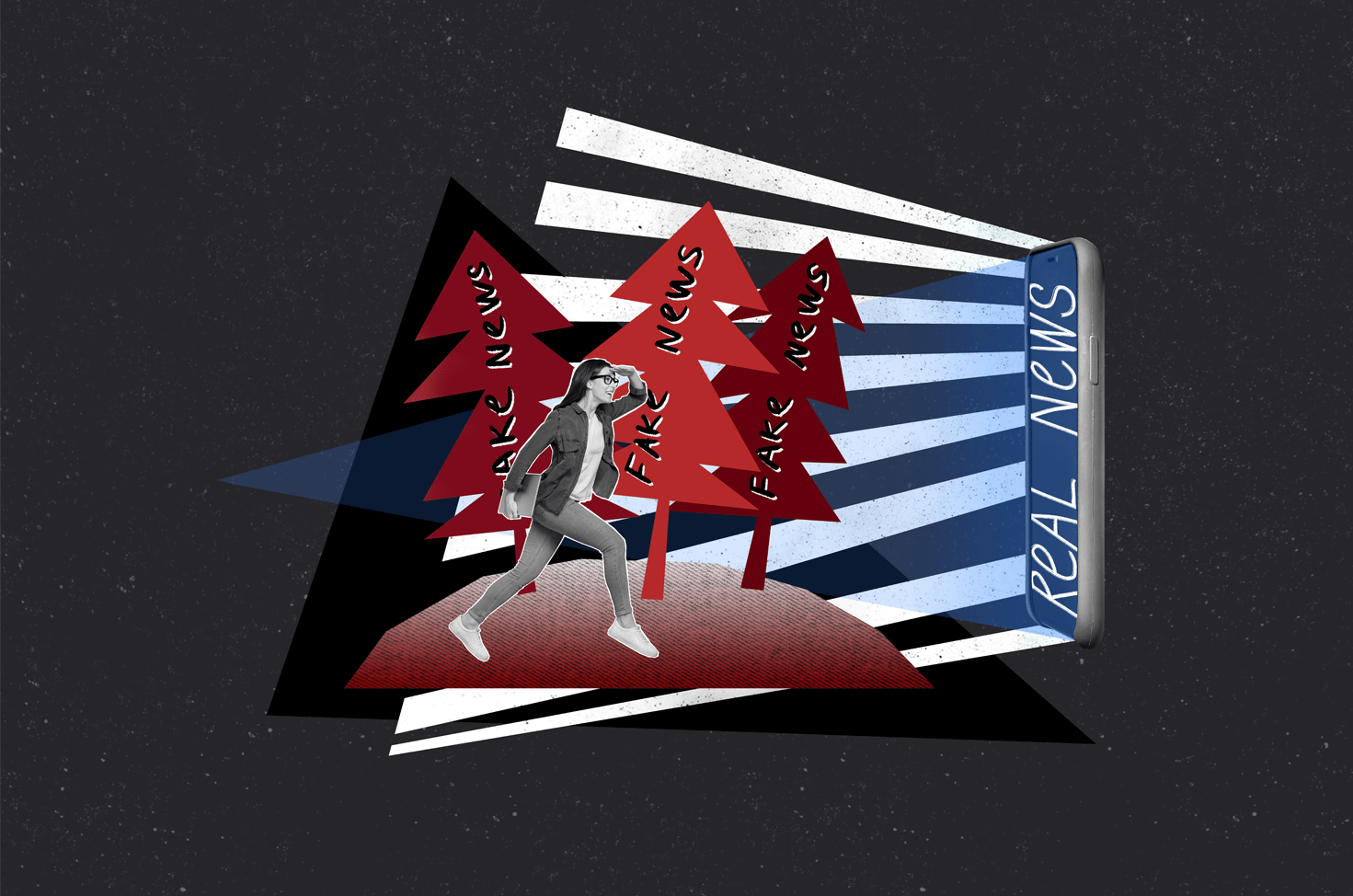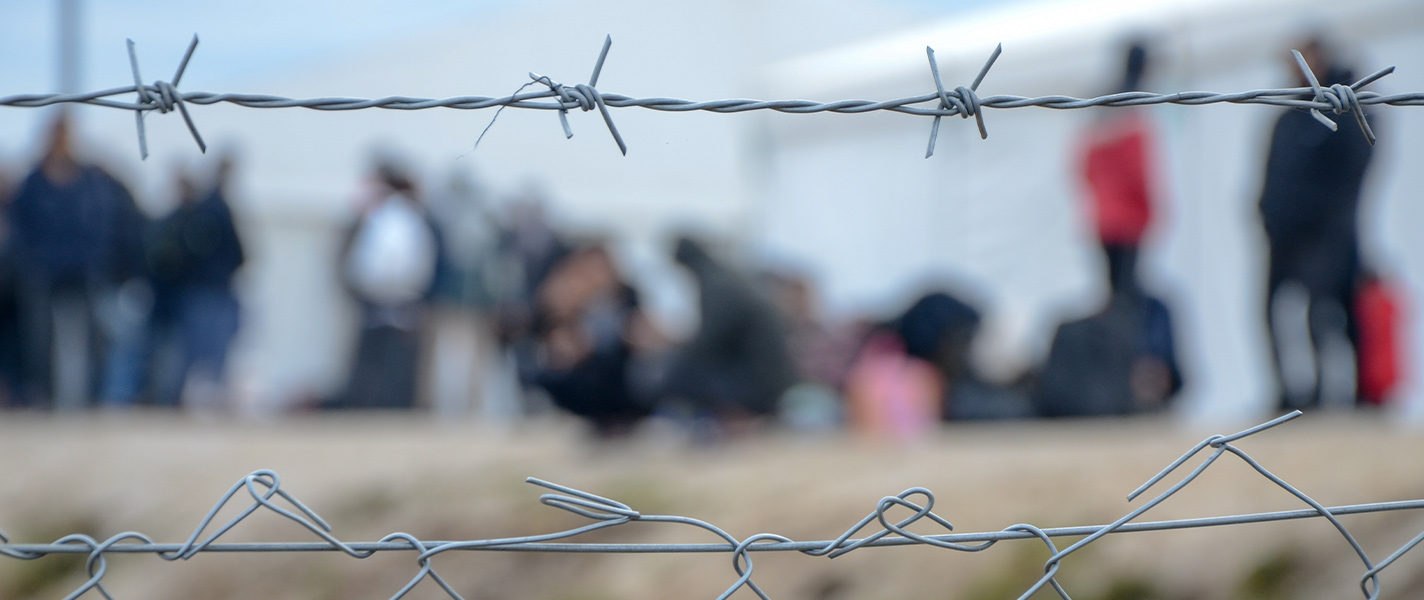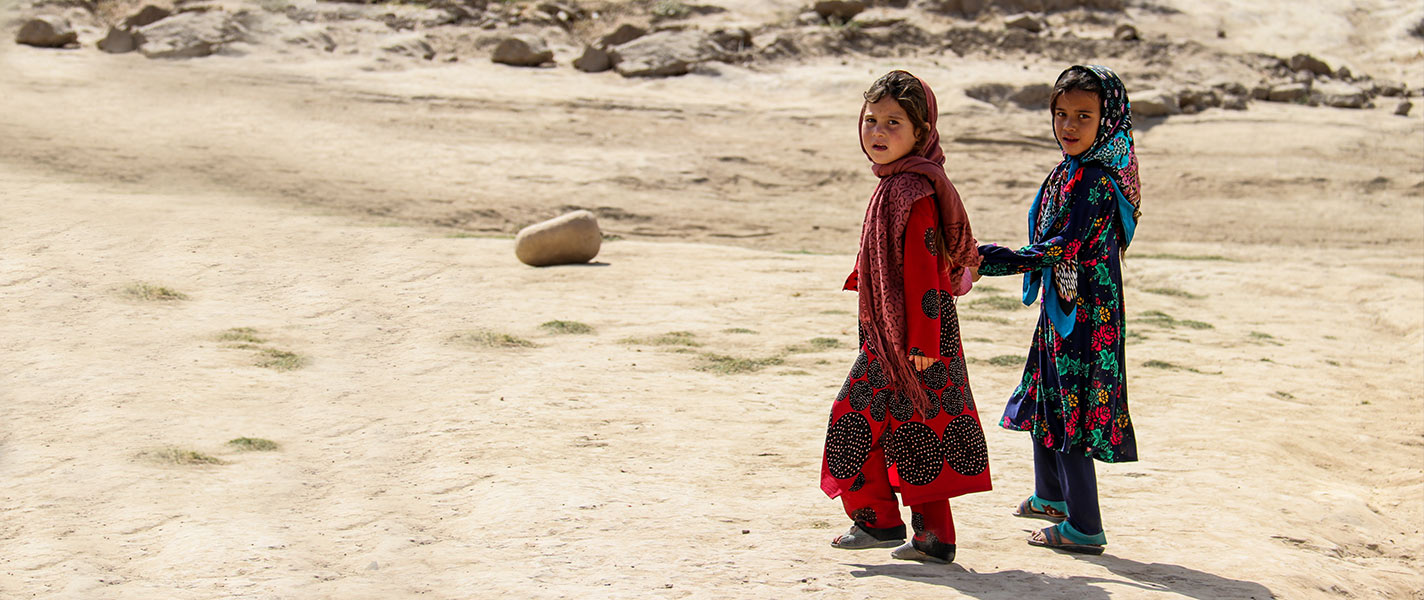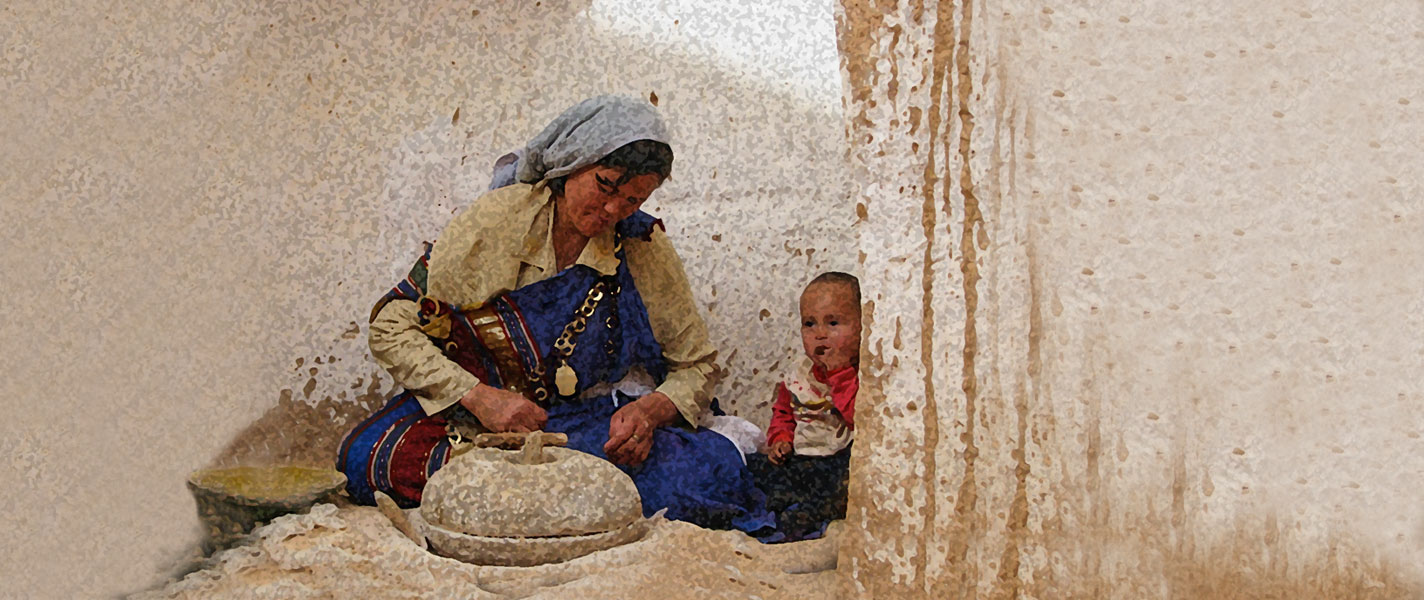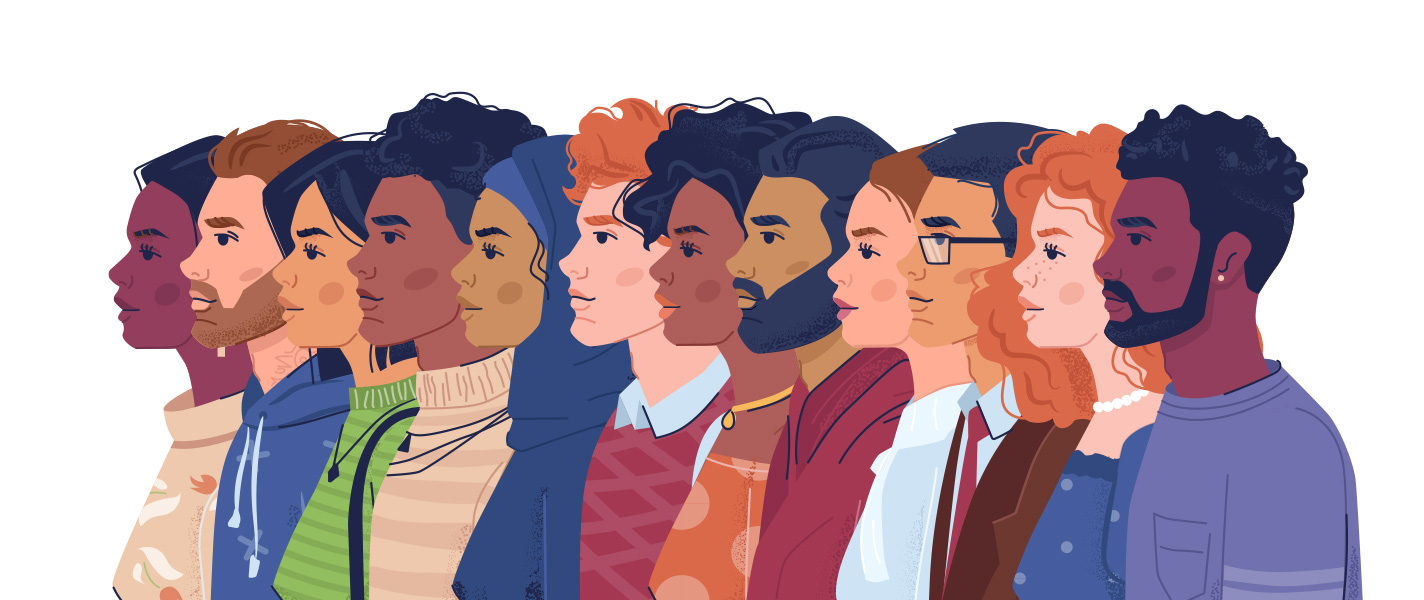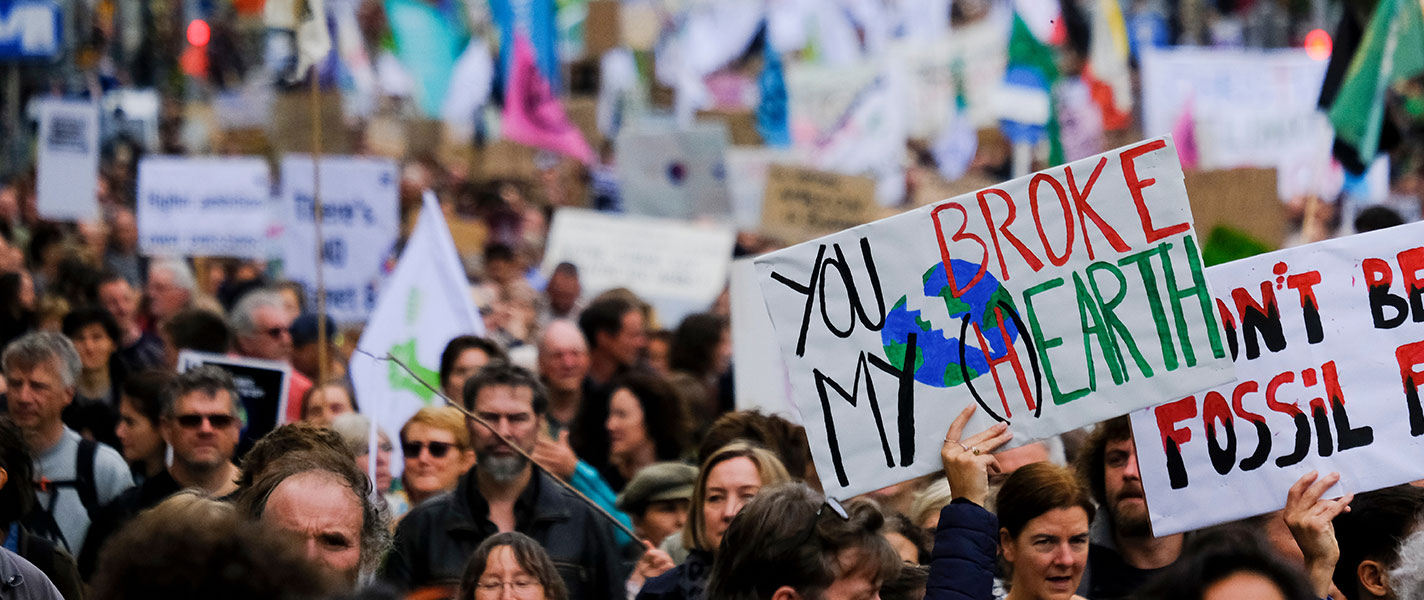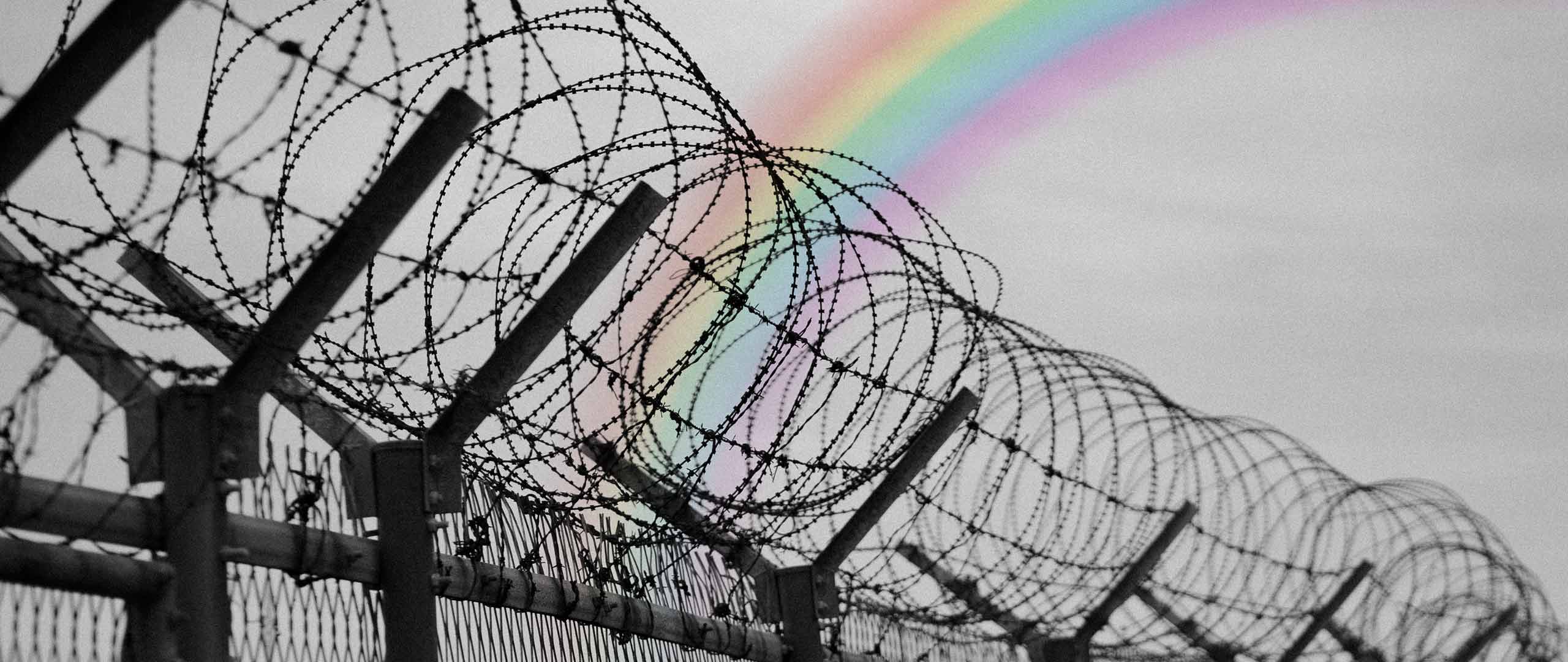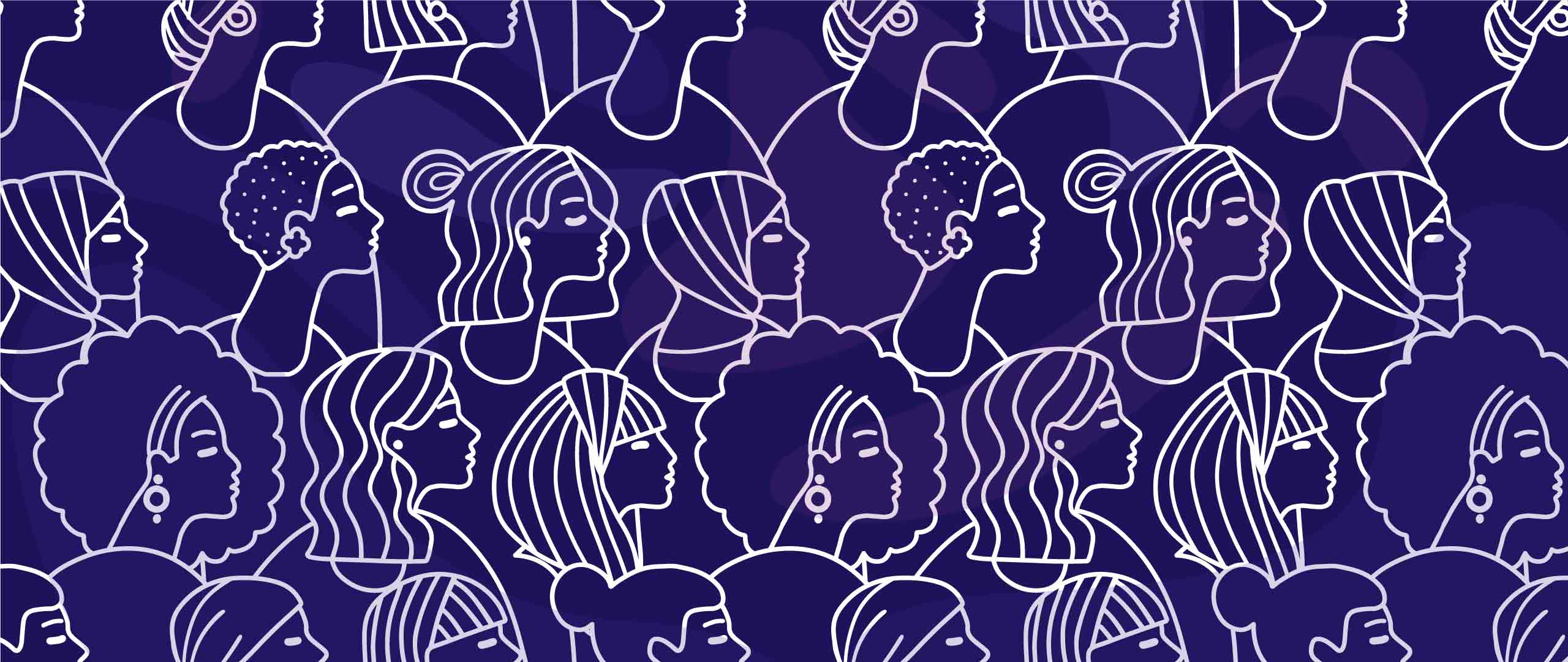Black Resistance to the Climate Crisis
LEED Initiative celebrates Black History Month, shedding light on the intersection of climate change and environmental injustice affecting the livelihood of black communities.
Black History Month is an annual celebration of achievements by African Americans and a time for commemorating their central role in the history of the United States. It was President Gerald Ford who officially recognized Black History Month in 1976 and since then every American president has endorsed a specific theme. This year’s theme is “Black Resistance”. The latter explores and navigates how African Americans have addressed historic and ongoing disadvantage and oppression, as evidenced by recent events. Joining this year’s theme, LEED Initiative chooses to highlight black resistance to environmental racism and the climate crisis.
Climate change is affecting every corner of the world; however, it seems that it disproportionally impacts African Americans and other communities of color the most. As a matter of fact, African American communities are acutely vulnerable to severe weather and flooding as the majority of them are located in the South, a geographical location that has witnessed strong hurricanes and increased flooding due to the climate change crisis. In addition, the racial wealth gap is equally contributing to this equation since systematic racism has diminished financial opportunities for people of color, limiting their choices to build their savings and invest. Hence, they reside in less desirable low-lying and flood-prone areas in many cities throughout the United States. A study by the Joint Center for Political and Economic Studies found that more than 30% of Black New Orleans residents did not own cars when Hurricane Katrina hit in 2005, hindering their fast response to natural emergencies, or their ability to rebuild or locate when extreme weather demolishes their homes.
Climate Justice is Social Justice
Structural racism, the legacy of slavery, and numerous socioeconomic factors including redlining, segregation, poverty, and pervasive wealth gap contributed to the reality that African American communities are often located near toxic sites or directly affected by climate change and stood as hurdles to inclusive climate change solutions. On the other end of the spectrum, the American Public Health Association (APHA) defines the needed measures to achieve climate resistance. These actions encompass bringing awareness to inequalities, increasing community engagements and allocating more funding toward initiatives like infrastructure investments in neglected communities and neighborhoods.
As a response to the increasingly evident and alarming damage posed by environmental injustice or environmental racism, African Americans were seen on the frontlines leading climate justice movements across the globe. Among them, the National Association for the Advancement of Colored People (NAACP) strives for addressing policies needed to put an end to harmful practices, exacerbating climate change as well as environmental injustice and aims for advancing a society that upholds all rights for all people in harmony with the earth. Moreover, the movement for Black Lives launched in 2022 a new climate change initiative, uniting more than 200 Black environmental leaders and organizations across the globe to find equitable climate solutions centering on Black Americans and communities. These leaders vehemently call for a black agenda and investment in equitable strategies that protect the livelihood of African Americans.
To conclude, African Americans are on the front lines of the climate crisis and their lack of power and representation in political and economic systems makes it challenging for these communities to build climate resilience, or have the ability to effectively and swiftly respond to extreme events that take place due to climate change. Thereby, supporting organizations and movements committed to inclusive climate justice agenda and eradicating policies that leave out African Americans and other racial minorities are just a few of the widespread changes that have to take place.
